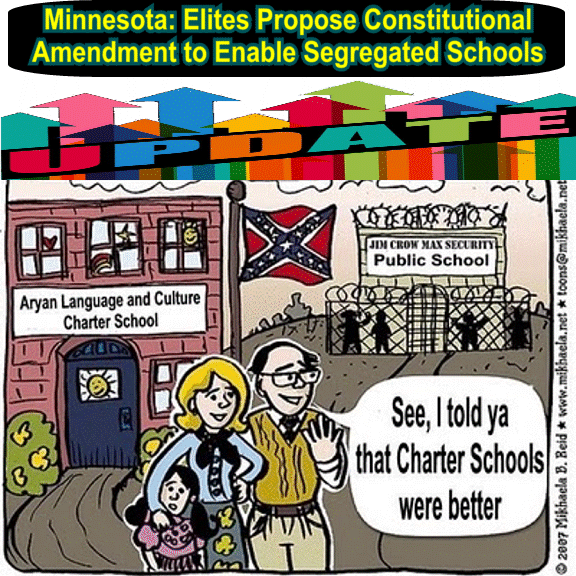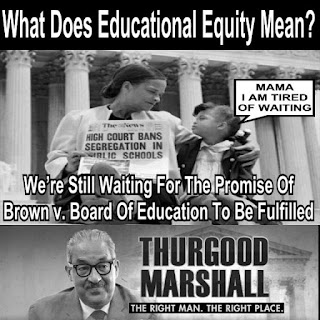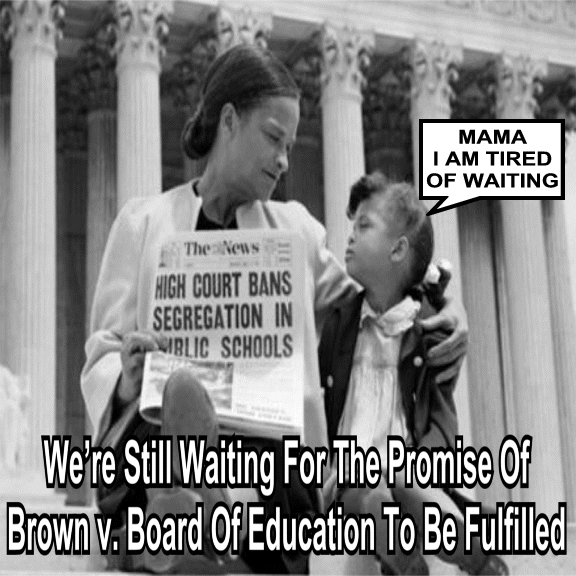In late April, I posted an article by Minnesota blogger and public school advocate Rob Levine about a sneaky effort by elites in the state to rewrite the state constitutional clause on education to protect and encourage segregated charter schools.
This new post digs deeper into the machinations and motivations behind the demand to revise the state constitution.
The campaign is led by the president of the local Federal Reserve Bank but named “the Page Amendment” for a popular local judge.
Blogger Steve Timmer explains that the money and muscle for “the Page Amendment” comes from the president of the local Federal Reserve Bank and the Minneapolis Foundation.
“Minneapolis Federal Reserve President Neel Kashkari and former Minnesota Supreme Court Associate Justice CONTINUE READING: Minnesota: The Money Behind the Effort to Rewrite the State Constitution’s Education Clause | Diane Ravitch's blog








